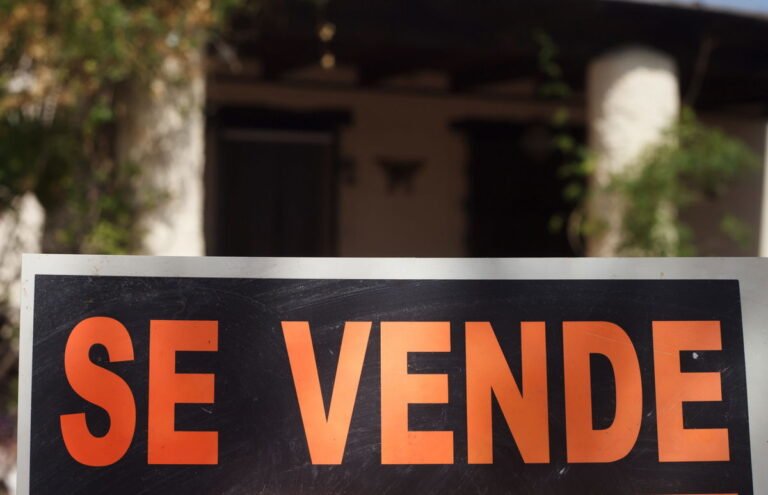Financial experts increasingly recommend buying property as a retirement strategy. Photo credit: Suzyanne16/Shutterstock
For many expats, retiring in Spain is an attractive prospect. The combination of sunny weather, relaxed lifestyle, and rich culture makes the country one of Europe’s top retirement destinations. However, with public pensions under pressure across much of Europe and the cost of living steadily rising, securing long-term financial stability has become a priority for those planning to spend their later years abroad.
Expert Advice: Property as a Pension
Financial experts increasingly recommend buying property as a retirement strategy. According to generic economic analysts, owning a home provides more security than relying solely on pensions, as it serves both as a stable place to live and a financial asset that can appreciate over time. For expats, this advice is particularly relevant, as property can protect against inflation, rising rents, and economic uncertainty. Experts emphasise that a carefully chosen property can act as a “personal pension plan,” offering both equity growth and potential rental income over the long term.
Protection Against Rising Costs
Long-Term Security Through Homeownership
Housing in Spain has historically maintained or increased its value, particularly in popular expat regions such as the Costa Blanca, Costa del Sol, and the Balearic Islands. By purchasing property now, expats can hedge against future increases in the cost of renting and day-to-day living expenses. Unlike rental arrangements, which are subject to market fluctuations and potential annual increases, owning a home allows residents to lock in monthly housing costs through a mortgage. Over the long term, this can result in significant savings and a predictable financial structure for retirement planning.
Building Equity and Income Opportunities
Accumulating Wealth Over Time
One of the major advantages of property ownership is the ability to build equity over time. Mortgage payments effectively function as a form of savings, gradually increasing the owner’s stake in the property. For expats, this accumulated equity can serve as a supplementary income source in retirement. Properties can later be sold, downsized, or rented out to provide additional funds for healthcare, travel, or unforeseen expenses. Spain’s robust rental market, particularly in tourist-heavy regions, offers opportunities for expats to generate income while not permanently occupying the property.
Practical Considerations for Expats
Upfront Costs and Financing
While the benefits are clear, expats need to consider several practical factors before purchasing property in Spain. The most significant hurdle is the upfront cost. Mortgages typically require a deposit of 20–30% of the property’s value, along with associated taxes and fees, which can be substantial. Proper financial planning and guidance from local banks experienced in working with foreign buyers are essential to ensure that the purchase is both feasible and sustainable.
Location and Lifestyle Factors
Experts also caution against short-term property speculation, such as buying with the intention to quickly flip and sell, which carries high risk in volatile markets. A long-term buy-and-hold approach is generally recommended, aligning property ownership with retirement goals and providing stability over time. Location is another critical factor, with coastal towns offering higher rental demand and potential resale value, while smaller inland towns may provide lower prices and a quieter, more affordable lifestyle. Expats should also take into account proximity to healthcare services, transport links, and international communities when selecting a property.
Conclusion
Purchasing property in Spain offers expats a practical and reliable way to achieve financial security and independence. Beyond the obvious lifestyle benefits of living in a warm, culturally rich environment, owning a home provides protection against rising living costs, the opportunity to build equity, and potential income through rental arrangements. While upfront costs and legal considerations require careful planning, the long-term advantages make property ownership an effective and strategic approach to securing a comfortable and stable retirement in Spain.

